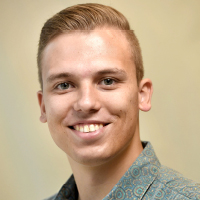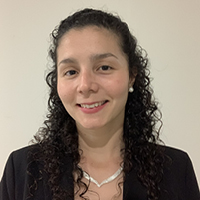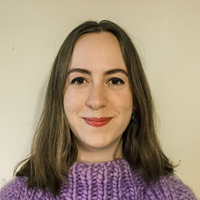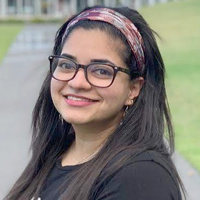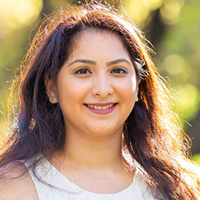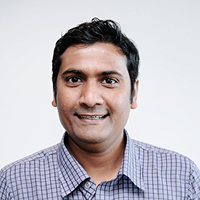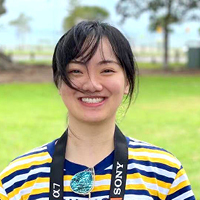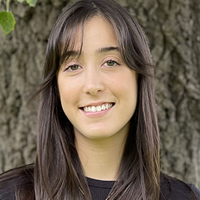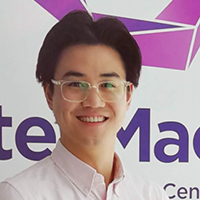Initiative driving Australia’s industry-ready STEM workforce expands
The Australian Academy of Technology and Engineering’s REDI Connect program, designed to foster an industry-ready workforce, is growing from strength to strength.
The Australian Academy of Technology and Engineering’s REDI Connect program, designed to foster an industry-ready workforce, is growing from strength to strength.
The Australian Academy of Technology and Engineering’s REDI Connect program, designed to foster an industry-ready workforce, is growing from strength to strength.
ATSE’s industry engagement initiative, the Industry Mentoring Network in STEM (IMNIS) has partnered with MTPConnect to provide industry experiences and skills development for early and mid-career researchers, clinicians and innovators.
This year the program, funded through the Researcher Exchange and Development in Industry (REDI) initiative, has grown to 10 mentees who are doing research in STEM fields with high job-growth potential.
These areas include digital health, regenerative medicine, bioengineering, data science and artificial intelligence.
“The 2021-22 REDI mentees are outstanding PhD students who have the potential to be future leaders in their fields,” said IMNIS Executive Director Dr Marguerite Evans-Galea.
“Developing their professional skills and business acumen is critical for growing our health and economy.
“Through IMNIS, they will be offered industry-led professional development and networking opportunities designed to accelerate their career trajectory.”
The ten REDI mentees selected to be part of the 2021-22 program are:
